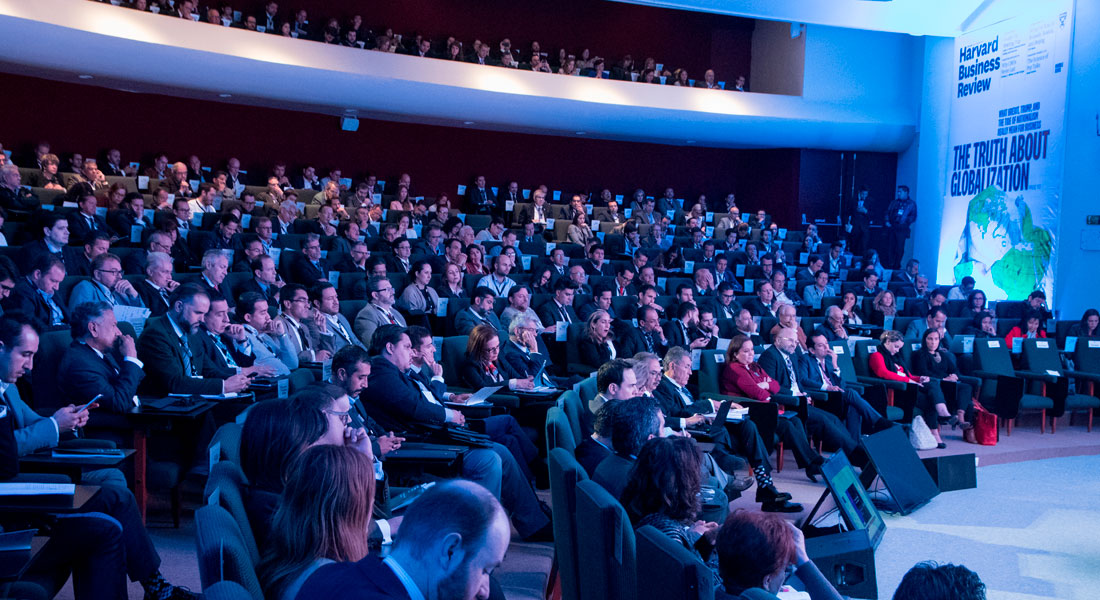


We tend to believe our history as a species is linear and progressive, always moving “forward” in scientific, technological, and social development. Learning the theory of evolution only superficially has perhaps added to this confusion: we are inclined to believe that we invariably, teleologically move “forward”, however we might define it. Looking at technological advancement around us, it’s easy to see those steps forward: new tech that makes our life easier gets adopted for good; scientific development makes our lives ever more comfortable, more groups and minorities attain equal rights, and within our lifetime we haven’t seen any major “backward” steps.
But in many ways, this assumption is a mistake. We can already observe aspects in which we, as a species in general and within specific cultures, are being the victims of our own successes. I can think of some blatant examples, and a few of them would be a funny curiosity if they weren’t so potentially catastrophic. There is no physical, historical, or social law dictating that progress is a given, or that we will necessarily move forward in any one aspect of our life. Studying history, we should know better, because we learn it on a smaller scale about ancient empires which – of course – all “fell” at some point. Ancient and modern empires have a life cycle: they grow, become an empire, dominate other groups, and just as they start to appear eternal and all-mighty (and they all wrongly believed in their own immortality), the cracks appear, often leading to a quick downfall. They “eat up” their own resources too quickly, or get militarily cocky to the point of catastrophe, or too controlling of their own citizens until political polarization or political instability “does them in” (some of these, if not all, are currently happening in the USA).
As a species we face similar risks right now, on a macro scale. The obvious one is with resource consumption and availability, and the environmental catastrophe we might cause. Our species has been successful enough to grow into almost eight billion – clearly we do many things right – but all the resources we need are finite. Advances in modern medicine, especially regarding control of infectious disease, mean that we live longer and longer, and today most children survive past age five. This is a joyful success for us as individuals and members of families, but further contributes to resource scarcity and economic difficulty as more people need support in old age.
There is also the very real – if still curious for its ‘science-fictionness’ – possibility of our physical self-destruction through nuclear war, or through an artificial intelligence disaster. There could hardly be a clearer, more ironic example of our success and intelligence defeating us: our brains, advanced enough to understand and build nuclear weapons and AI, yet blind and self-centered enough to avoid it annihilating us. It would not be a rival, ascending empire which destroys us, but rather a situation where we all “go down” together as a species, a scenario which is at the same time more optimistic (it means we need to unite as one), yet much more bleak (if we fail, we might all be wiped out).
The sadder way in which we are victims of our own success has been showing for the past two years. It’s the failure in education, the collapse of trust in science and expertise, accelerated by the ways in which modern comforts are taken for granted. Counter-intuitively, ironically, it is happening more in the most developed societies of the western world. They have had massive success in combating infectious disease (chronic disease is a different story), and current generations never saw a truly dangerous epidemic. The memory of children being crippled by polio is no longer there; and thus, people in developed countries can now afford to reject vaccines, in an example of a “circle of life” which may bring us back to darker times. As governments and private entities become more powerful and capable, for better and for worse, conspiratorial thought becomes pervasive, mistrust arises, and a significant sector of society starts rejecting the very scientific advancements that allowed many to be here: vaccines, modern medicine, etc. The grandchild of the woman who only survived childbirth thanks to modern obstetrics, might choose to have an “unassisted homebirth” because she “mistrusts doctors and hates hospitals' '. Surely the health system can improve much, but these “back to nature” practices sometimes go horribly wrong, showcasing the fragility of our progress.









